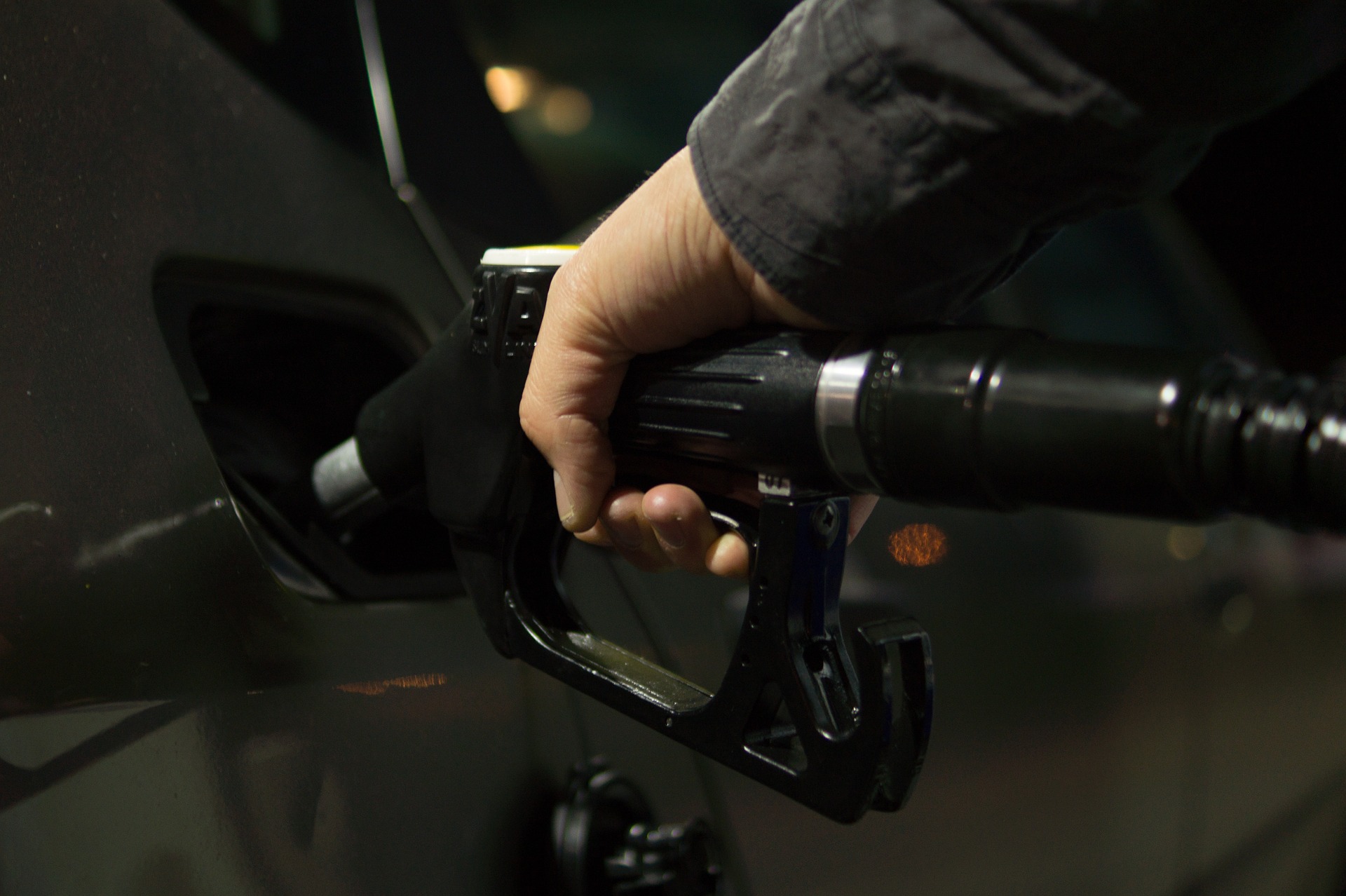Cutting on fuel costs is probably one of your top priorities and it is more than likely that you have tried out several types of strategies in an effort to minimise your bills as much as possible. A responsible fleet will tend to look into a number of various strategies for doing so, such as purchasing different vehicles, implementing technology, evaluating different fuel card providers… and you might have come upon one or two strategies for getting lower fuel prices or using less fuel.

Of course getting low fuel prices is always desirable, but maybe not always possible. There are always fluctuations in prices that make it next to impossible to find any strategy that significantly reduces prices, even if using a good fuel card provider means you normally get competitive rates. And even if you do get good prices… are you really sure you will have done everything you could possibly do to cut your fuel bills? Getting a lower price doesn’t necessarily mean you will have noticeably reduced your fuel consumption… your bills might still be high!
The reality is that decreasing your fuel consumption is the best solution and you have to focus on a strategy to do so. There are some tips you can start to implement that are actually free, and should positively impact on your drivers as well. Since drivers are the people who actually use the vehicles, they can help you in reducing fuel usage if you educate them:
- they will become more conscious of how their driving influences consumption
- they will feel more proud and responsible because of that
- they are motivated to bring efficiencies to the company and protect their job
- a fuel efficient driving style is also a safe one—as well as the greenest
So how should you and your drivers collaborate in order to save fuel?
- monitor traffic in certain areas in order to reroute or minimise gear changes: knowing the road conditions means you will be able to adjust driving style
- remind drivers to respect the speed limits: both for safety, to avoid tickets and to consumes less fuel with unnecessary speeding
- set up a non-idling policy
- check tyre pressure and start a tyre management program: if tyres are inflated correctly you will consume less fuel
- park vehicles correctly when you are finished: in the morning when you set off, you don’t want a lot of manoeuvring while the engine is still cold





